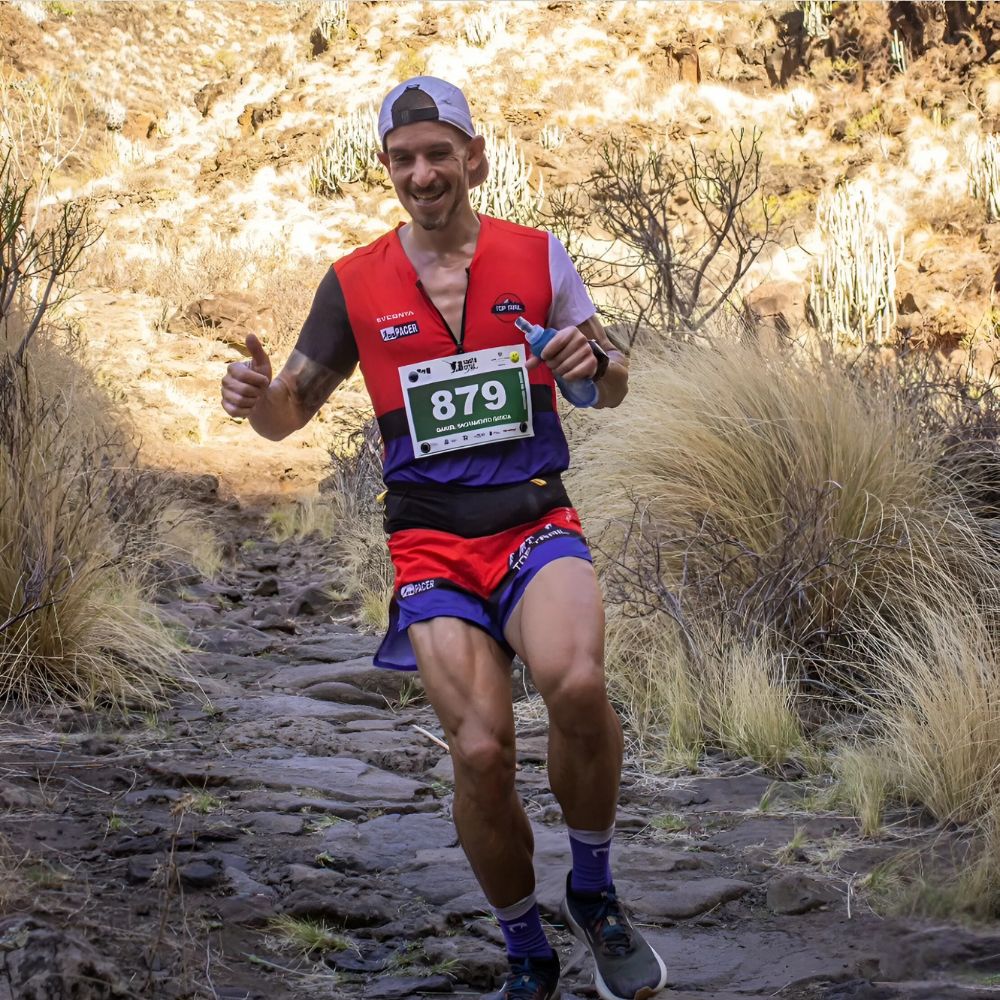TRAINING ON AN AYUNA, GOOD OR BAD?
Today we are going to deal with a very fashionable topic these days in the world of sports and especially when it comes to losing weight and subjecting the body to adaptation processes.
A type of training that generates extreme comments, because for athletes there are two very marked aspects "defenders or detractors".
To clear up any doubts about the effectiveness of the method, we have contacted Miky Monroy, an expert in sports nutrition and physical preparation.
Micky is dedicated to guiding the athlete to reach their maximum potential in his sports center in which he advises from athletes of many different disciplines to people who seek to achieve their best version.

Micky, first of all, thanks for being here.
Tell us a little about how the body works, or what happens when we do sports on an empty stomach.
Hi guys, thanks.
Well, let's go in parts.
The most important thing is to know that fasting we work with glycogen stored in the liver and muscles. But of course, according to various studies, it has been proven that liver glycogen is completely consumed during the night by the brain to maintain vital signs, therefore, we only have muscle resources.
Knowing this, we must take into account the importance of recharging our muscle reserves with a dinner rich in carbohydrates, or else we will start completely empty, putting stress on the muscle and generating great muscle destruction.
As advantages of this type of training we basically find two, general health and sports performance.
Health: We will avoid insulin sensitivity and therefore become less prone to diabetes.
Sports performance: Increased energy efficiency as it naturally gets the body used to metabolizing fat to generate energy and also increases the metabolic capacity of mitochondria, which transport glycogen.
So it's all advantages, right Miky?
Be careful, not everything. I see it as a good tool, but of course as long as it is a low-intensity and constant cardiovascular work, since any peak of intensity can unbalance the chemical processes of the body since all the resources are at a minimum.
Then, as soon as we finish the effort, we need some carbohydrates and, above all, good doses of protein to recover the muscle fibers.
If we are looking for intensity and caloric expenditure peaks, it is absurd to train on an empty stomach since the body is not prepared for it.
Another thing we should know is that you have to start out in good physical shape, since an adapted body already knows how to draw energy from body reserves.
We must also vary the cardiovascular exercises since the body has a great capacity to adapt and this training would cease to be effective, therefore, one day on the bike another race and from time to time some swimming "always at low intensity" would be the perfect complement.
And even so, we must bear in mind that we can lose muscle, since the body always resorts to any source and is not only going to consume triglycerides from internal fat, but also some protein from the muscle.
What I feel is that as you explain it, it can be a tool, but at the same time a weapon that can be turned against the athlete.
Something like that. But as a general rule, it has been shown that this training helps to improve energy efficiency since we really spend intramuscular fat "triglycerides", improving our physical capacities and energy resources, but if you do it well.
If there is slight dizziness or a feeling of slight nausea, it is the first sign that you are not doing something right.
Finally, any advice for all those who want to lose weight?
The truth is that the secret is in the intensity and duration, since what can be a consumption of fat can become a catabolic effect, generation of chemical by-products to feed the muscle and a great decompensation and the only thing that is achieved is to carry the body to the maximum and lose muscle, therefore, goodbye to the physical gain.
My advice is to eliminate intermittent fasting followed by high intensity training since all we do is put the body to work with lactic acid with consequent muscle deterioration.
For all of you who are looking to know something more related to nutrition and training, we leave you Miky's Instagram profile.
@mikymonroy.pts

Greetings and see you in the next one.


